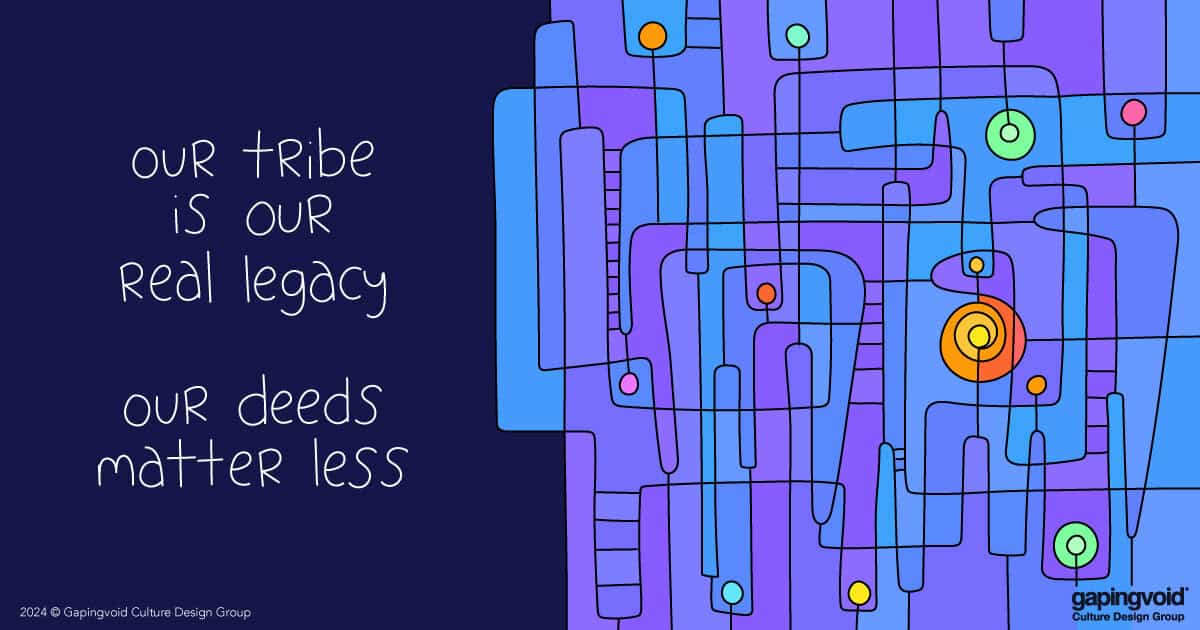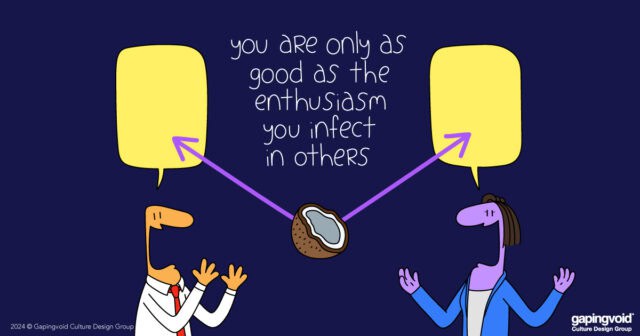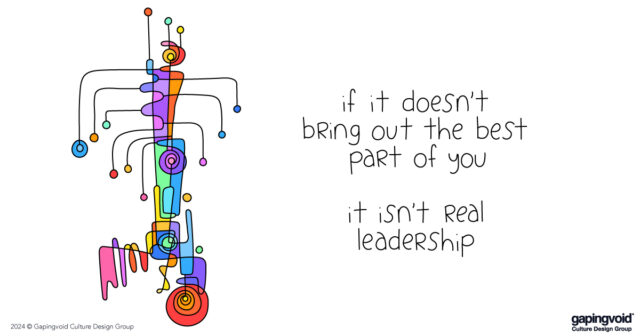
In an interview in 2011, Bill Gates said “Legacy is a stupid thing! I don’t want a legacy.”
That makes him relatively unique.
We humans are deeply social creatures. In the days of our distant ancestors, everything revolved around our tribe – including our survival. It hinged on whether we were liked by our tribe. Whether we were respected by our tribe. Whether we were needed by our tribe.
If we weren’t, we paid a high price: social ostracization, which back then, was as good as a death sentence.
Fast forward 200,000 years, and this quirk of our evolutionary upbringing explains a great deal about us. It explains our need for connection and belonging. It explains our desire to fit in and to gain social status. And it explains our desire to leave behind a lasting legacy.
In Hidden Potential, Adam Grant tells the story of The Golden Thirteen. They were the first African American officers in the U.S. Navy. When they started their officer training, they knew they were fighting an uphill battle. Many believed they were set up to fail. But they worked doubly hard – and every single one of them passed their exams. When higher-ups were convinced they cheated, they retook their exams and averaged a 3.86 out of 4.00, which at that time was the highest class average in the history of the Navy.
A big part of what motivated them was carrying a torch. Blazing a trail. Leaving behind a legacy.
As George Cooper, one of the Golden Thirteen, remarked, “If we failed, there were 120,000 men out there who wouldn’t have a shot at this for a hell of a long time…. It was an awesome responsibility. We talked about it constantly.”
The desire to “make a mark” is a deep well of motivation – one that any leader in any organization can regularly draw from.
As humans, we want to know that our work makes a difference. That it has a bigger purpose. That it will somehow make things better for someone, somewhere. We have a deep-seated hope that someday, people will look back at what we’ve done and be grateful that we did it.
In 10 years, or 50, or 100, when people look back at what we’ve done here today, what will they say?
The leaders who get the most out of their people are the leaders who can answer this question.



